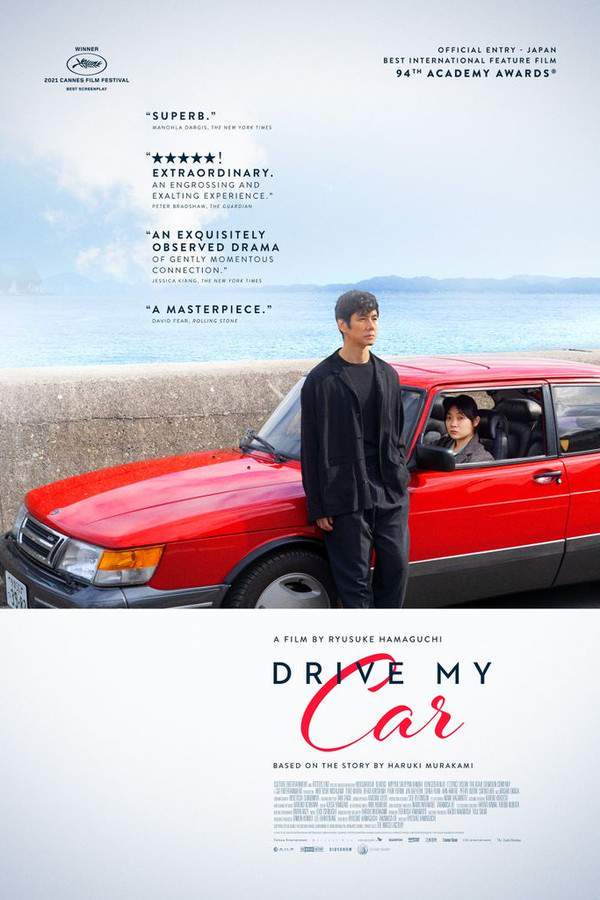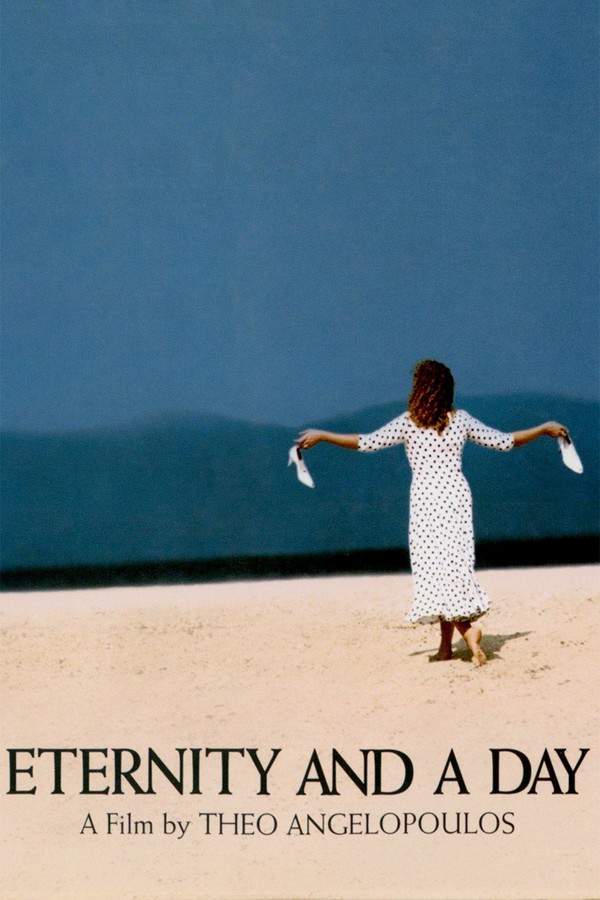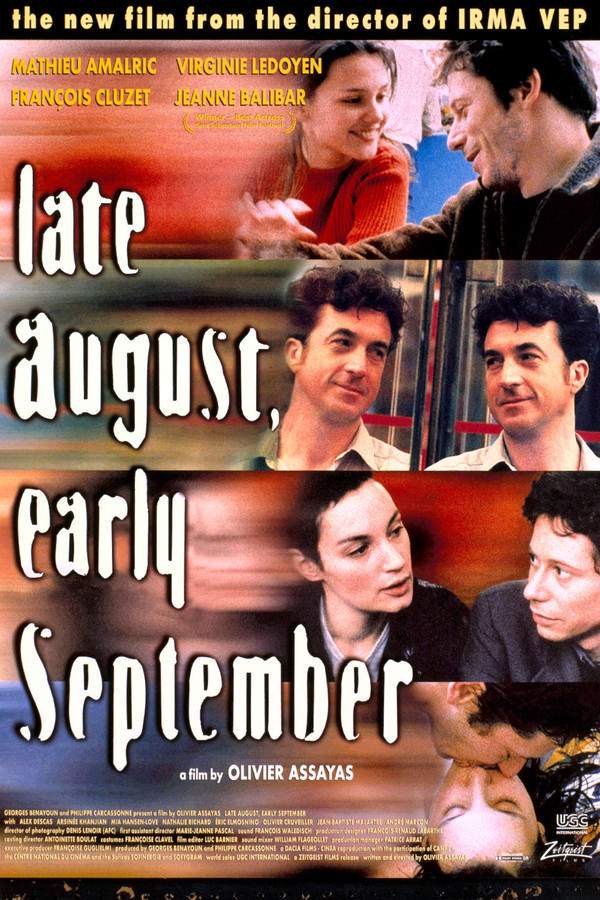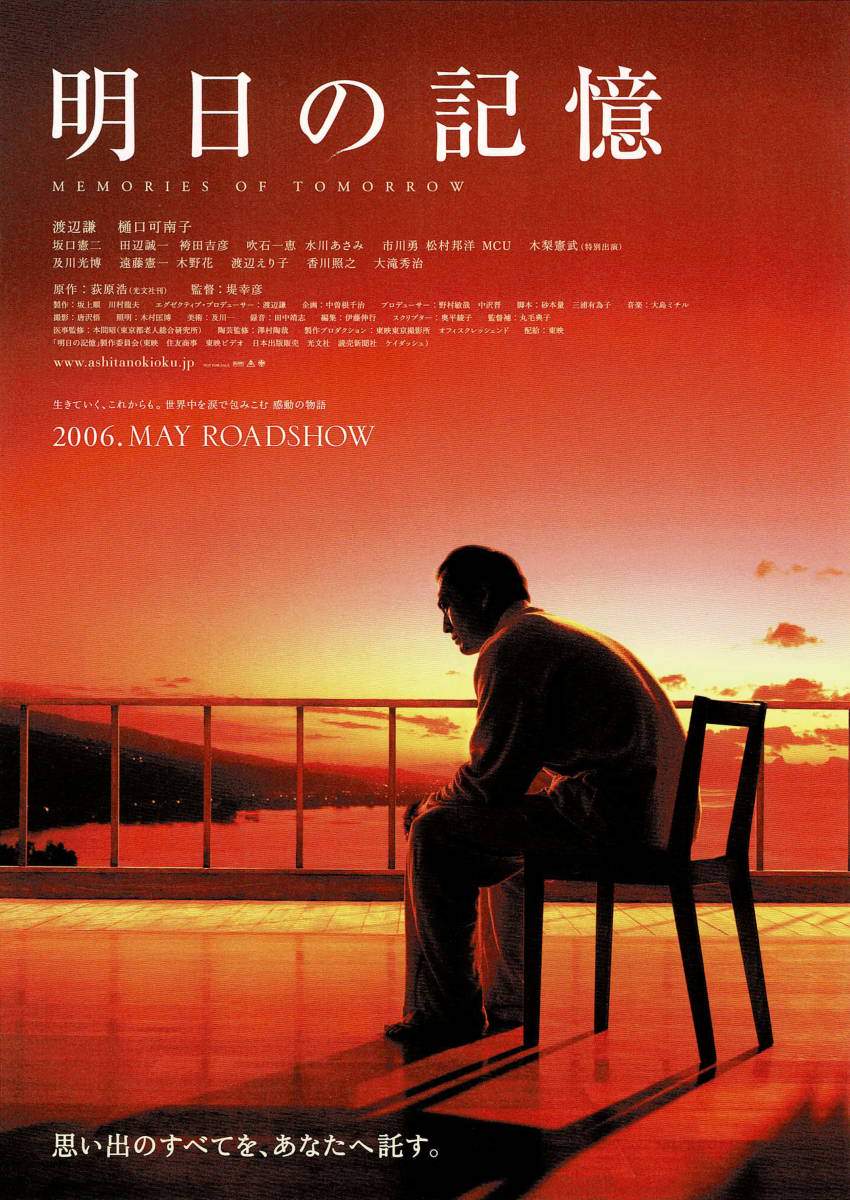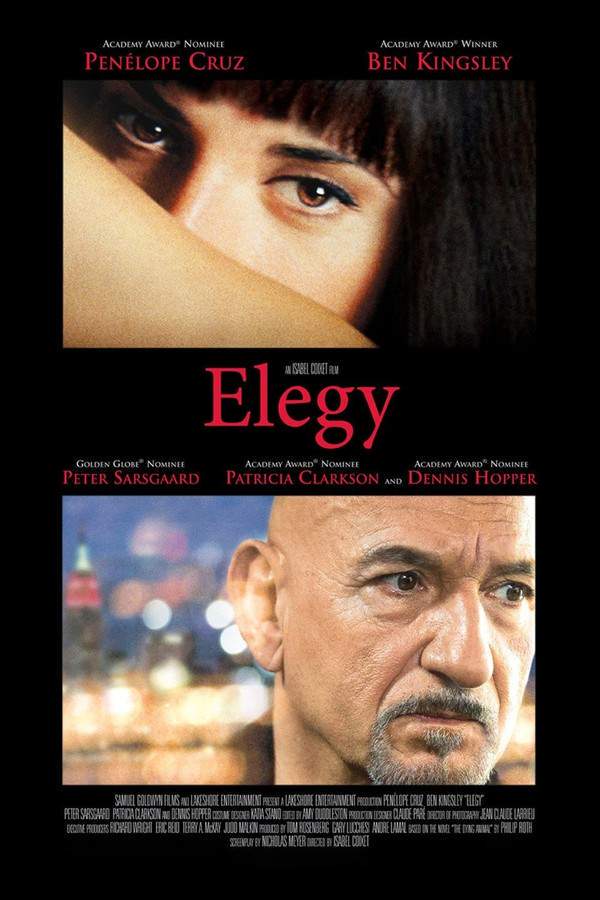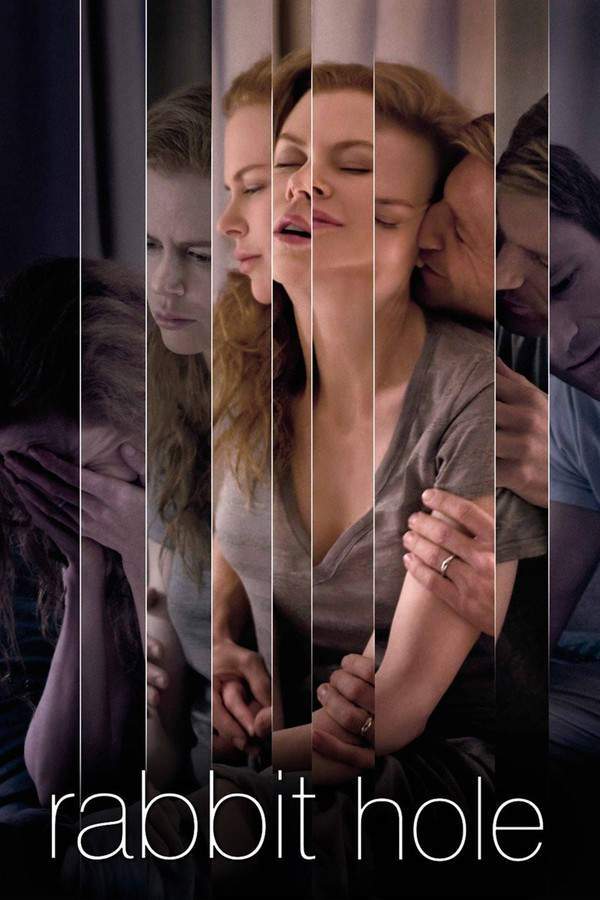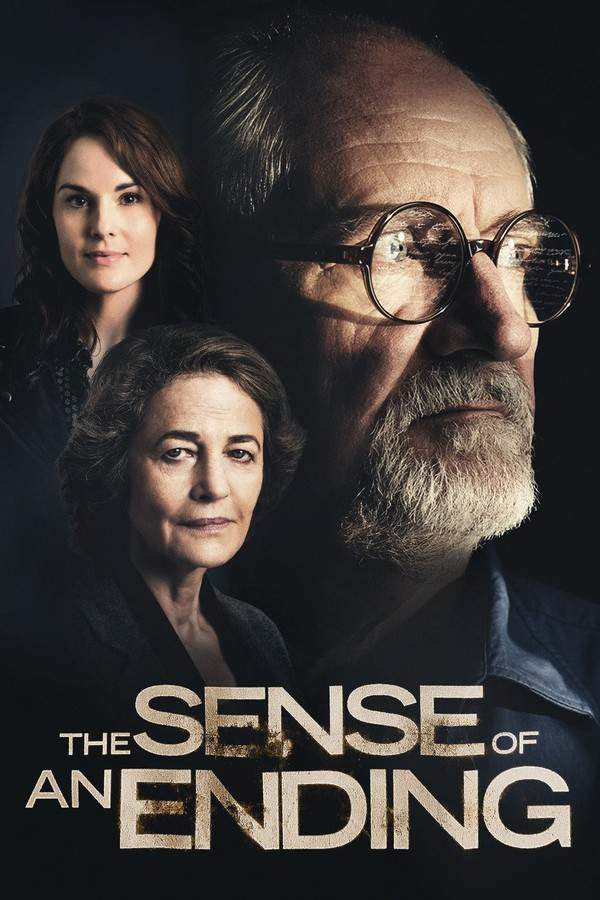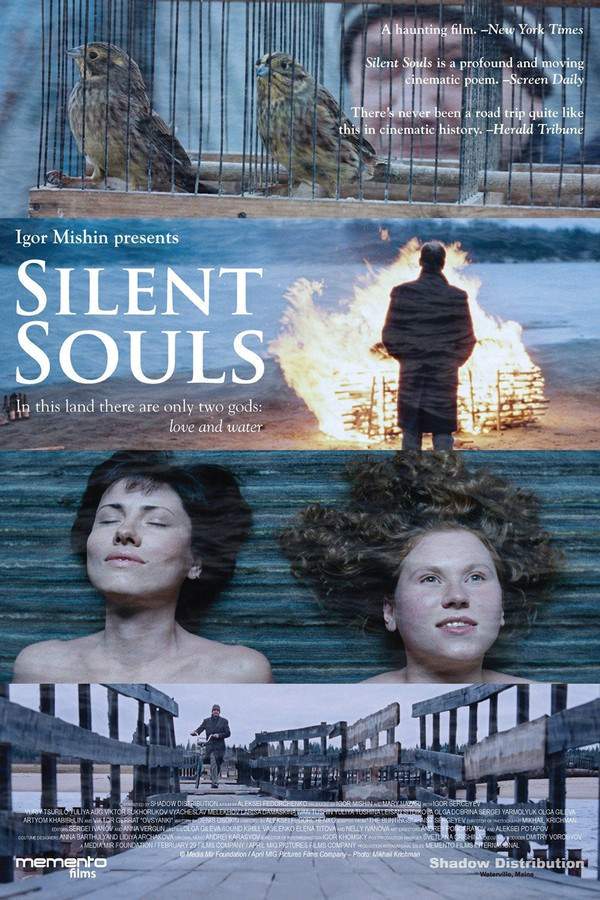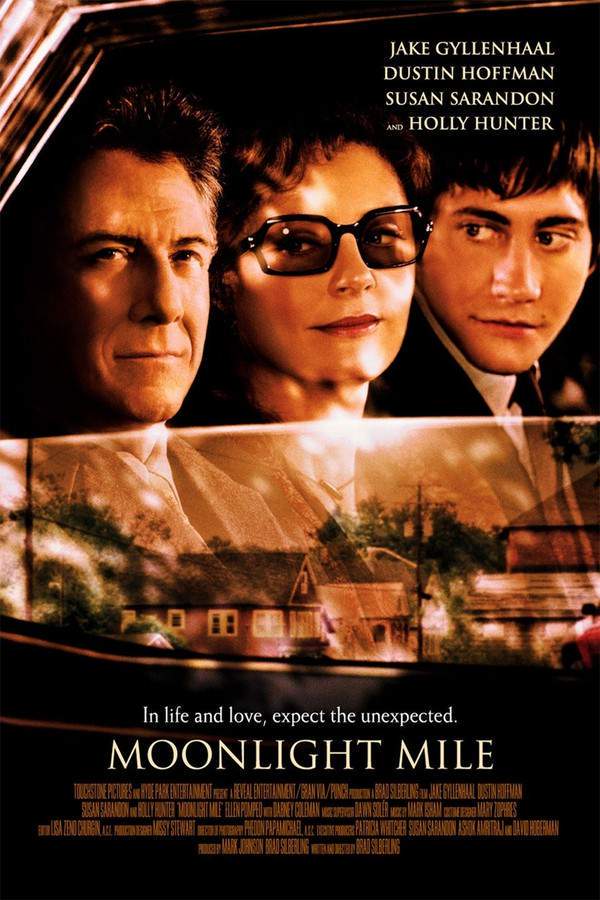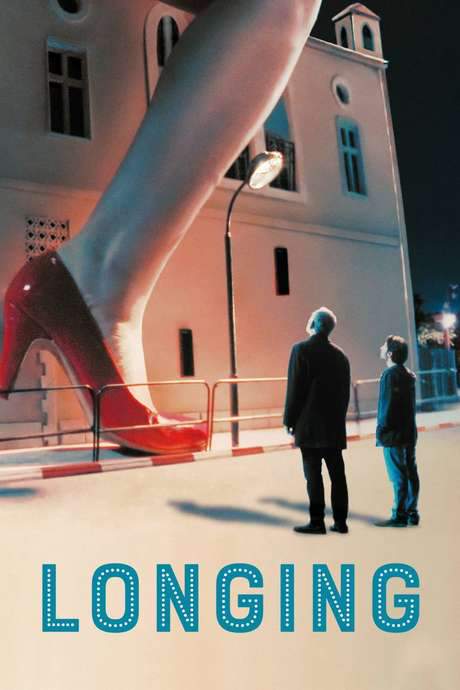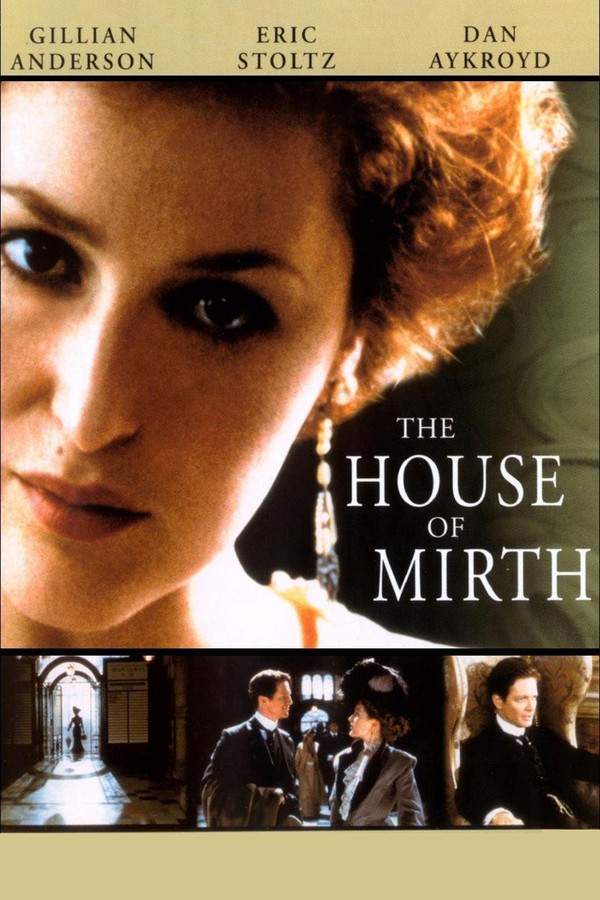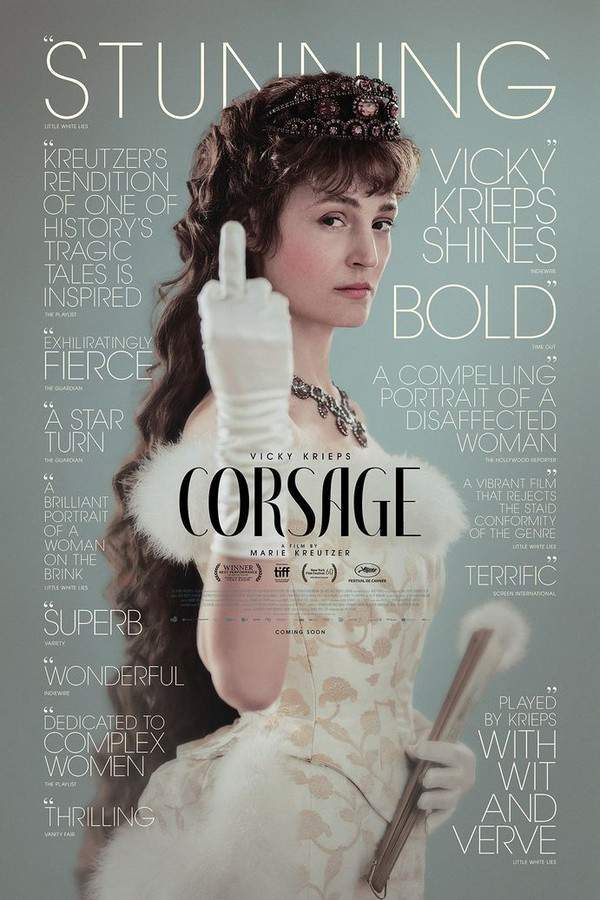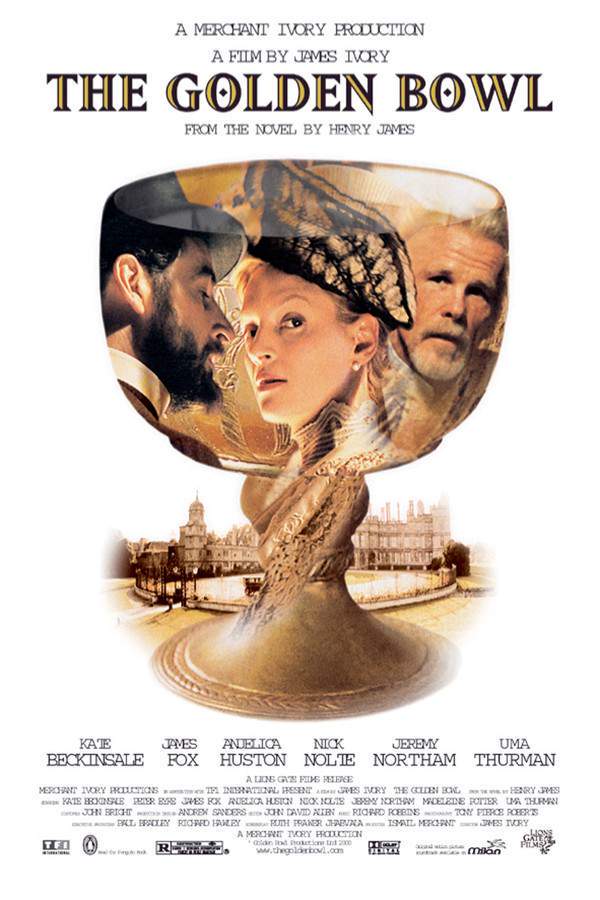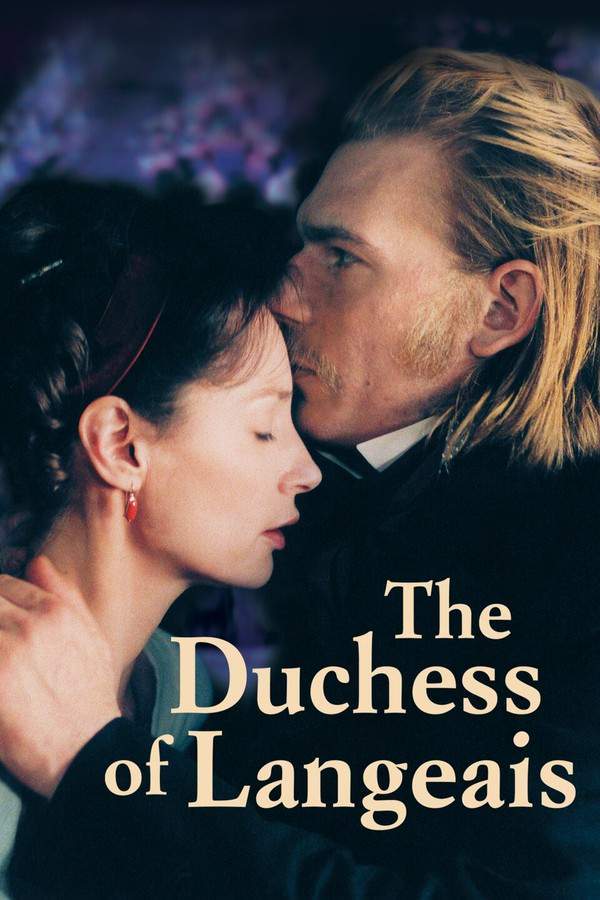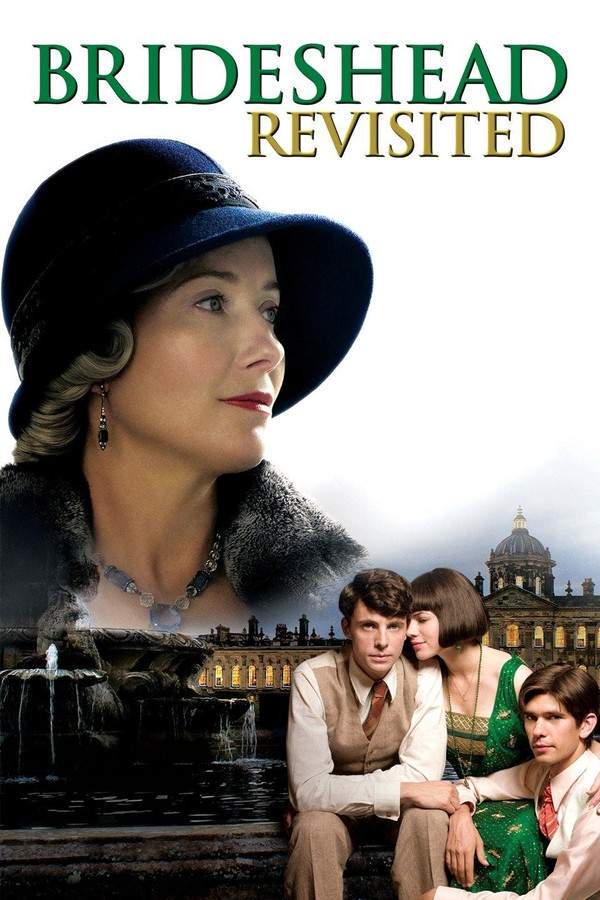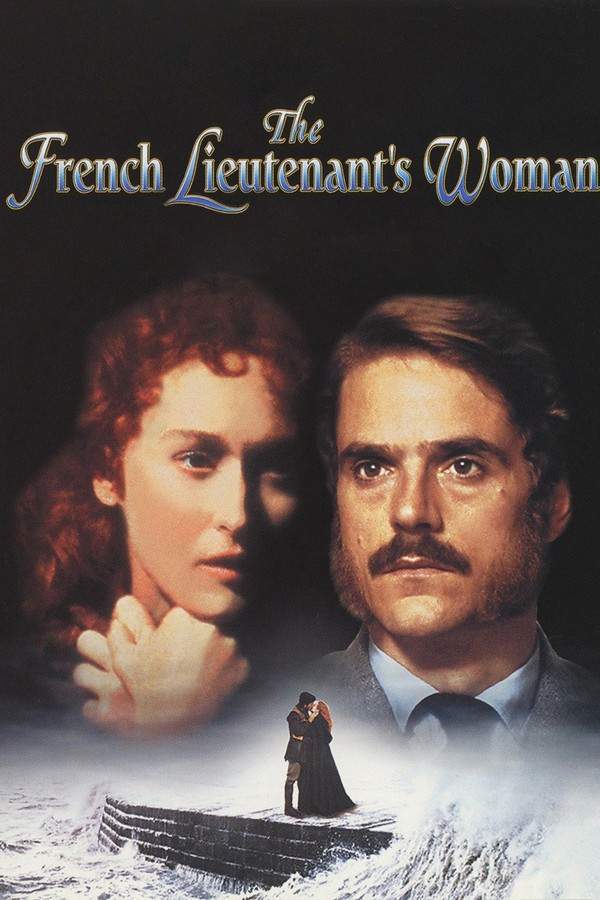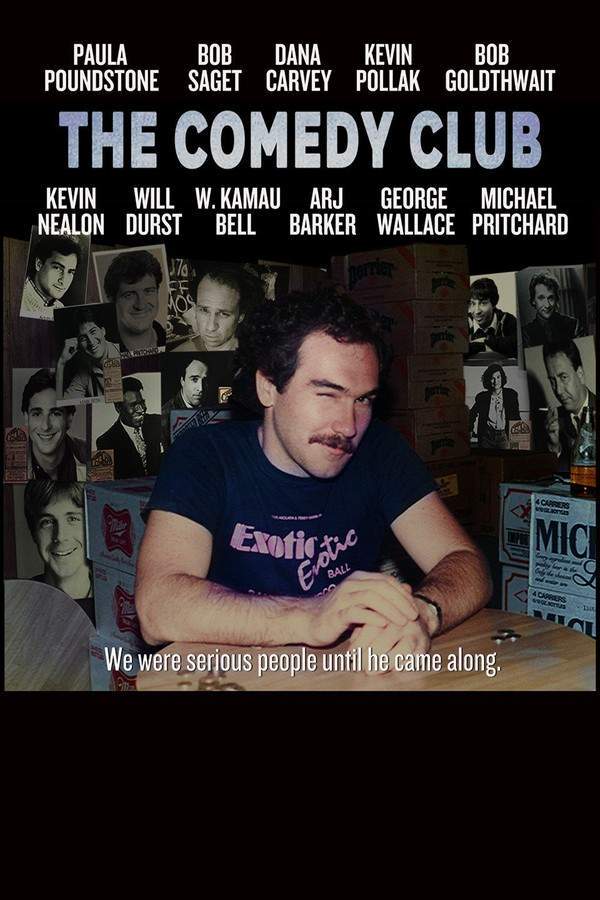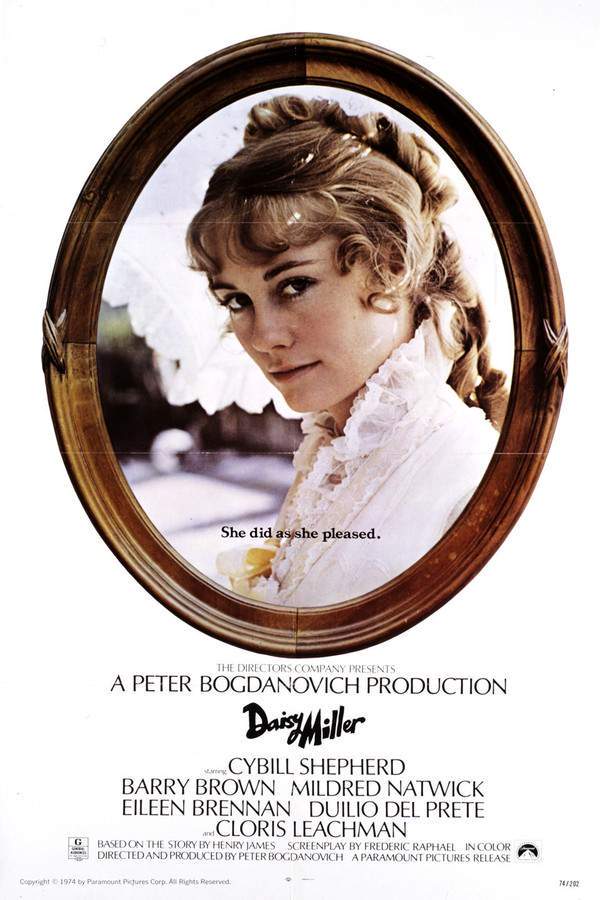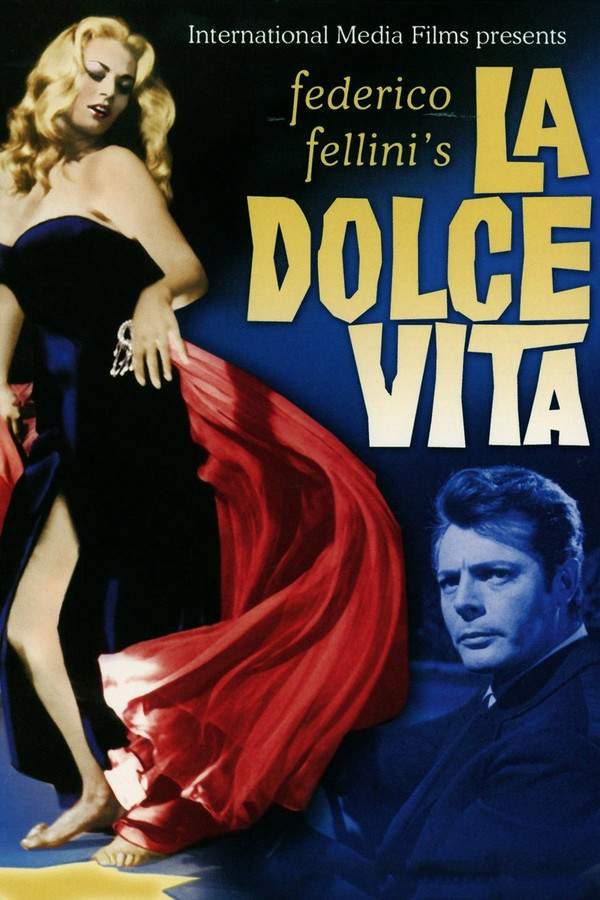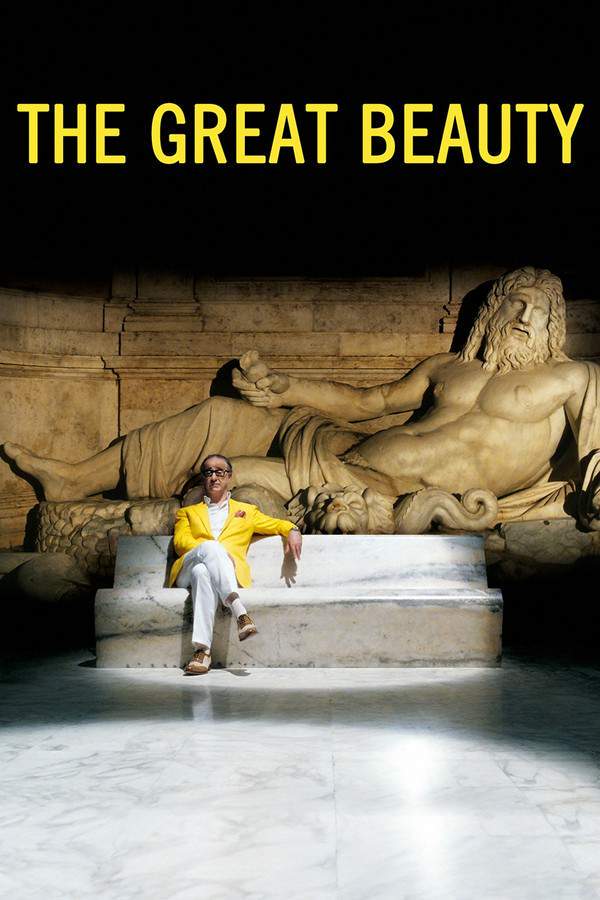
The Great Beauty
Year: 2013
Runtime: 142 min
Language: Italian
Director: Paolo Sorrentino
A writer in his sixties, disillusioned with the superficiality of Rome’s high society, reflects on his life and lost potential. Surrounded by extravagant parties and fleeting connections, he searches for meaning and beauty, confronting painful memories of his younger years and the vibrant artistic aspirations he abandoned. He finds himself grappling with regret and the ephemeral nature of youth and beauty.
Warning: spoilers below!
Haven’t seen The Great Beauty yet? This summary contains major spoilers. Bookmark the page, watch the movie, and come back for the full breakdown. If you're ready, scroll on and relive the story!
The Great Beauty (2013) – Full Plot Summary & Ending Explained
Read the complete plot breakdown of The Great Beauty (2013), including all key story events, major twists, and the ending explained in detail. Discover what really happened—and what it all means.
The film begins with a profound quote from Louis-Ferdinand Céline’s Journey to the End of the Night:
“Travel is useful; it exercises the imagination. All the rest is disappointment and fatigue. Our journey is entirely imaginary. That is its strength. It goes from life to death. People, animals, cities, things – all are imagined. It’s a novel, just a fictitious narrative. Littré says so, and he’s never wrong. And besides, in the first place, anyone can do as much. You just have to close your eyes. It’s on the other side of life.”
Meet Jep Gambardella, a 65-year-old journalist and theater critic, whose life has been a captivating journey through the opulent yet superficial social scene of Rome. With a rich history steeped in the city’s beauty and flaws, he seeks not only acceptance but aims to reign as the “king of society.” In his younger years, Jep dabbled in creative writing, producing The Human Apparatus, his sole literary work that garnered him acclaim and awards. Unfortunately, a relentless creative block has stifled his ability to write further, leaving him to navigate a world where superficiality reigns.
Surrounded by an eclectic group of friends, Jep finds himself entangled with Romano, a playwright often manipulated by a younger partner; Lello, a boisterous toy salesman; Viola, a wealthy woman coping with the challenges of a mentally ill son named Andrea; and Stefania, a self-absorbed writer engrossed in her own world. Among this ensemble is Dadina, the dwarf editor from Jep’s newspaper, who adds her unique charm to the mix.
A turning point arrives when Jep unexpectedly encounters the husband of Elisa, his first love, who conveys the heartbreaking news of her passing. She leaves behind a diary revealing that Jep was never truly replaced; rather, his presence was merely a lingering memory in Elisa’s life. The bond of her husband, now grieving, crumbles despite his newfound solace offered by a foreign maid. This encounter ignites a profound introspection within Jep, nudging him into a melancholic reevaluation of his own existence and compelling thoughts of returning to writing.
As days pass, Jep’s path crosses with Ramona, a stripper burdened with her own dark secrets, and Cardinal Bellucci, whose fervor for culinary arts starkly contrasts his religious duties. Through these experiences, Jep grapples with the sense of futility that envelops his life. Tragedy soon strikes; Ramona succumbs to illness, and Romano departs Rome seeking something more fulfilling, leaving only Jep behind. In a dramatic turn, Stefania, humiliated by Jep’s revelations about her deceptions, distances herself from his circle, while Viola, devastated by her son’s death, dedicates her life to missionary work in Africa.
Just as despair threatens to engulf Jep, an unexpected opportunity emerges. Urged by Dadina, he embarks on a mission to interview a Catholic missionary nun in the Third World, leading him to Giglio Island amidst the wreckage of the Costa Concordia. It is here, during a poignant flashback to his initial encounter with Elisa, that a flicker of hope rekindles within him, guiding Jep towards the completion of the novel he has long yearned to write.
Last Updated: November 16, 2024 at 14:23
Explore Movie Threads
Discover curated groups of movies connected by mood, themes, and story style. Browse collections built around emotion, atmosphere, and narrative focus to easily find films that match what you feel like watching right now.
Movies about life reflections like The Great Beauty
Stories about characters looking back on their lives with a mix of regret and acceptance.Find movies like The Great Beauty that explore themes of retrospection and existential searching. These similar dramas feature characters in midlife or later, grappling with regret and the search for meaning in a life that feels superficially lived.
Narrative Summary
Narratives in this thread are typically character-driven and reflective, unfolding through memory and present-day contemplation rather than high-stakes action. The protagonist's journey is internal, marked by encounters that trigger nostalgia and force a confrontation with past choices, leading to a bittersweet or melancholic resolution.
Why These Movies?
These films are grouped by their shared focus on a late-life existential crisis, a melancholic and reflective tone, and a slow, deliberate pacing that allows for deep introspection. They all feature a heavy emotional weight stemming from themes of lost potential and the passage of time.
Movies about opulent decay like The Great Beauty
Films set in a world of lavish beauty that masks spiritual emptiness and decay.Explore movies like The Great Beauty that use a stunning, lavish setting to critique the emptiness of high society. These films share a visual richness that contrasts with themes of superficiality, existential search, and the ephemeral nature of beauty.
Narrative Summary
The narrative pattern involves a protagonist who is either a part of or an observer to a glamorous but hollow world. The plot unfolds through social rituals, parties, and artistic pursuits that ultimately reveal a deep sense of futility. The story is often a slow-burn character study where the environment itself is a central antagonist.
Why These Movies?
These films are united by their specific vibe: a juxtaposition of breathtaking visual beauty with themes of spiritual decay. They share a melancholic tone, a slow, atmospheric pacing that drinks in the setting, and a focus on characters disillusioned by the world they inhabit.
Unlock the Full Story of The Great Beauty
Don't stop at just watching — explore The Great Beauty in full detail. From the complete plot summary and scene-by-scene timeline to character breakdowns, thematic analysis, and a deep dive into the ending — every page helps you truly understand what The Great Beauty is all about. Plus, discover what's next after the movie.
The Great Beauty Timeline
Track the full timeline of The Great Beauty with every major event arranged chronologically. Perfect for decoding non-linear storytelling, flashbacks, or parallel narratives with a clear scene-by-scene breakdown.

Characters, Settings & Themes in The Great Beauty
Discover the characters, locations, and core themes that shape The Great Beauty. Get insights into symbolic elements, setting significance, and deeper narrative meaning — ideal for thematic analysis and movie breakdowns.

The Great Beauty Spoiler-Free Summary
Get a quick, spoiler-free overview of The Great Beauty that covers the main plot points and key details without revealing any major twists or spoilers. Perfect for those who want to know what to expect before diving in.

More About The Great Beauty
Visit What's After the Movie to explore more about The Great Beauty: box office results, cast and crew info, production details, post-credit scenes, and external links — all in one place for movie fans and researchers.


